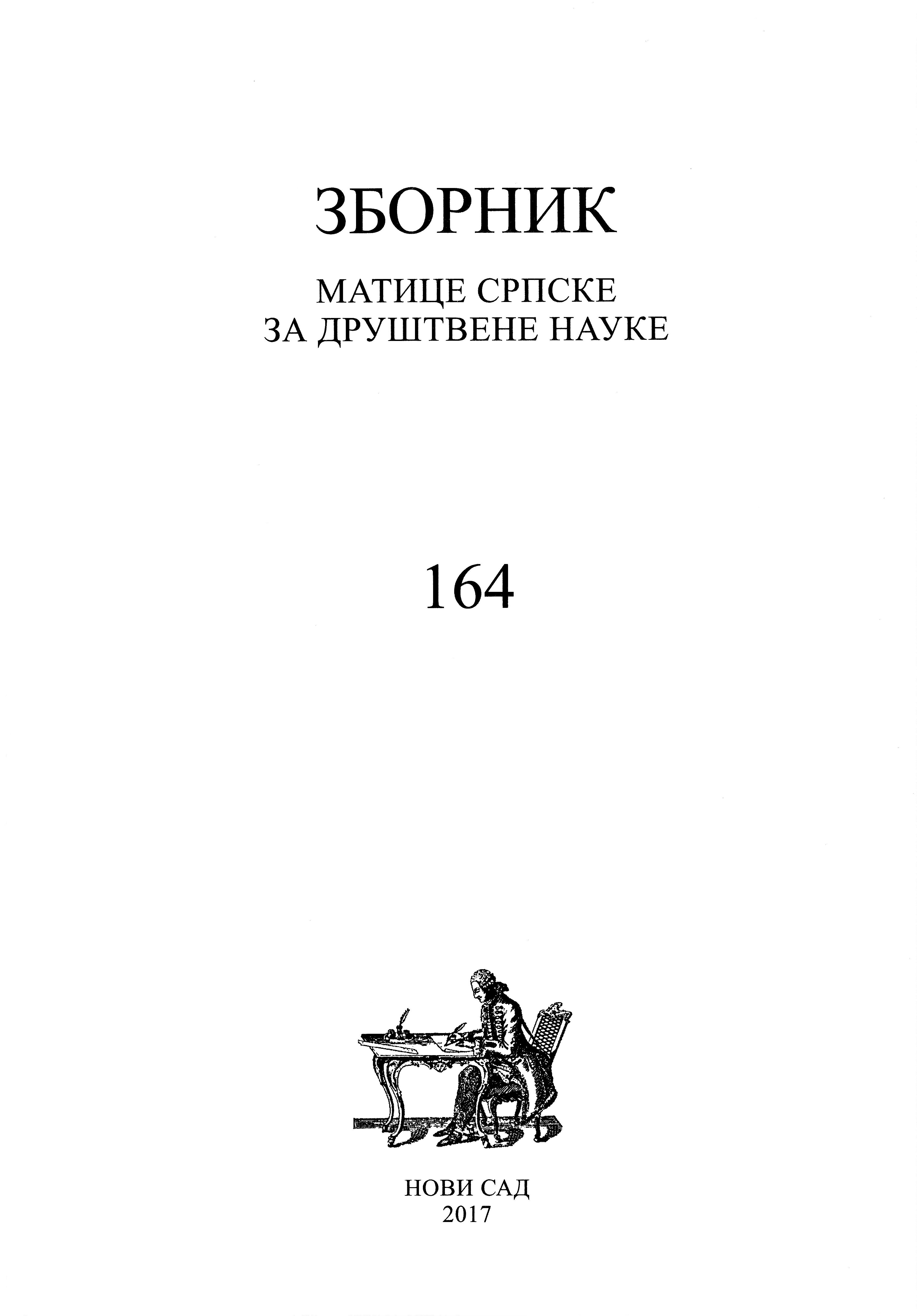Софија – истина о предвечном логосу или прелесна скаска о „идеалној личности света”
Sophia – The Truth about the Pre-Eternal Logos or a Beautiful Fairytale about the “The World’s Ideal Personality”
Author(s): Zdravko PenoSubject(s): Pastoral Theology, Eastern Orthodoxy
Published by: Матица српска
Keywords: Sophia; wisdom; Pavel Florensky; religion; faith; icon; personality; identity
Summary/Abstract: Sophia – the Wisdom of God – is an important theme in “Russian religious renaissance”, which encompassed many Russian intellectuals by the end of 19th and the beginning of 20th century. Particularly important figure among them was Pavel Florensky, nicknamed “Russian Leonardo Da Vinci”, who was a priest of great erudition and expert in patristic theology. However, Pavel Florensky’s and other Russian thinkers’ efforts to develop the theme of Sophia in accordance to the Fathers of the Church does not mean that they were trying to find evidence for the existence of Sophia in patristic literature; they were actually trying to prove that this teaching had always existed in theological tradition. One might confidently claim that Florensky’s theology of Sophia was not an essential contribution to Christian faith and theology. Florensky’s distancing from patristic Christology and his emphasizing of the idea of sophianity in iconology produced an incorrect definition of Christian identity among the sympathizers of this teaching. In the very essence of sophianism there is the idea of sophianity that, when combined with the idea of absolute unity, transforms into pluripotent pansophianism. According to George Florovsky, this approach was an esthetic temptation for Russian theology. The idea of sophianity was also criticized by Saint John of Shanghai, Florensky’s contemporary, who claimed that, for sophianists, Theotokos and Saint John the Baptist, depicted in deesis of the Church of Sophia in Novgorod, were almost as necessary for the salvation of mankind as was the Son of God. Theotokos and John the Baptist are followed by the remainder of humanity, and all of them, “according to the measure of their own sophianity”, occupy corresponding places in the “ideal person of humanity”. For sophianists, accomplishing unity with God means accomplishing identity of sophianity, and not accomplishing theosis in real unity with Christ in the Eucharist.
Journal: Зборник Матице српске за друштвене науке
- Issue Year: 2017
- Issue No: 164
- Page Range: 697-710
- Page Count: 14
- Language: Serbian

